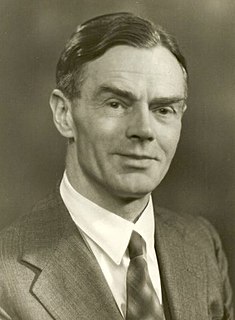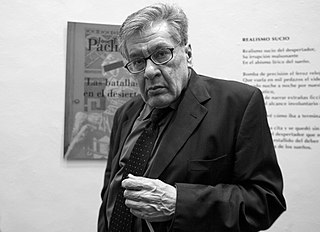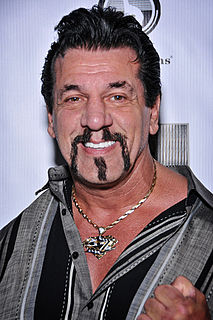A Quote by Hershel Shanks
To treat the history of Israel as I would treat the history of England or Russia or China; that is, an attempt at a scientific, historical approach.I am particularly fascinated with origins.
Related Quotes
The attempt to live that way, the attempt to treat everybody - it fails all the time - but the attempt to treat people as equals is a good attempt. It's a very good attempt. And there have been very few governments that have come anywhere near it in the past. The Greeks began to, the Romans began to - they both failed.
By contrast with history, evolution is an unconscious process. Another, and perhaps a better way of putting it would be to say that evolution is a natural process, history a human one.... Insofar as we treat man as a part of nature--for instance in a biological survey of evolution--we are precisely not treating him as a historical being. As a historically developing being, he is set over against nature, both as a knower and as a doer.
I am not a historian, but I find myself being more and more fascinated by history and now I find myself reading more and more about history. I am very interested in Napoleon, at the present: I'm very interested in battles, in wars, in Gallipoli, the First World War and so on, and I think that as I age I am becoming more and more historical. I certainly wasn't at all in my early twenties.
My obsessions stay the same - historical memory and historical erasure. I am particularly interested in the Americas and how a history that is rooted in colonialism, the language and iconography of empire, disenfranchisement, the enslavement of peoples, and the way that people were sectioned off because of blood.




































